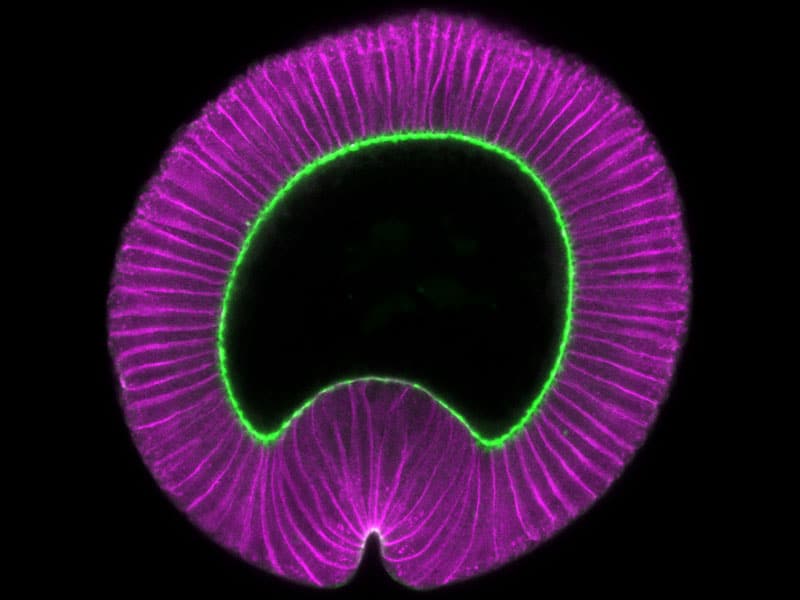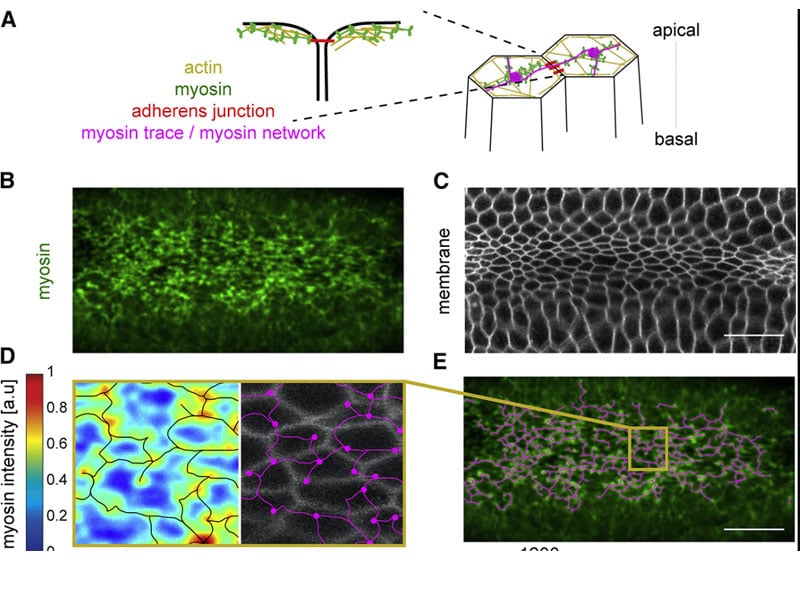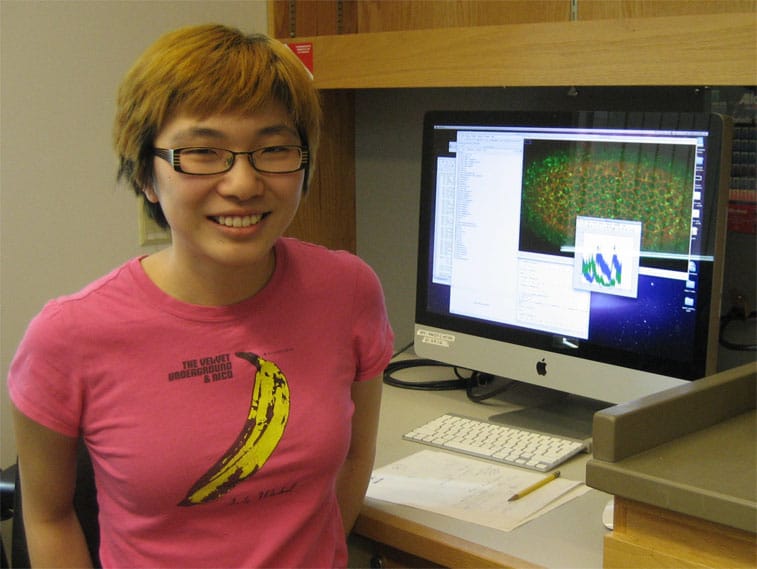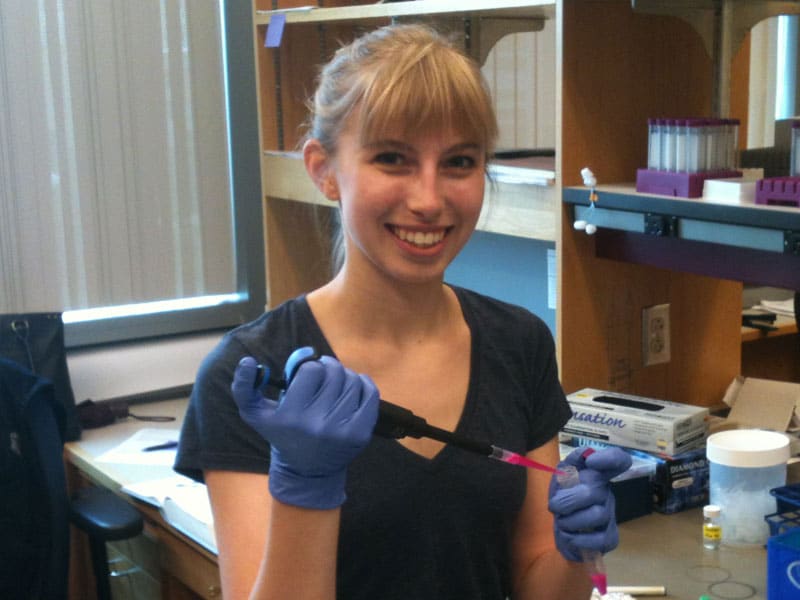Welcome Mingmar Sherpa!
Mingmar joined us this summer from the University of Alabama at Birmingham as our new Technical Associate, welcome!

Mingmar joined us this summer from the University of Alabama at Birmingham as our new Technical Associate, welcome!

Jonathan comes to us from the Harvard Biophysics PhD program and Mary Ann did her PhD on nuclear movement in muscle.

Postdoctoral fellow, Hannah Yevick, published her research titled Structural redundancy in supracellular actomyosin networks enables robust tissue folding in Developmental Cell. You can hear her talk about what she discovered in the video produced by Raleigh McElvery of the MIT Biology department. Read an MIT News article on the research.

We have a number of new additions to the lab including postdocs Jasmin Imran Alsous and Nat Clarke, graduate students Anna Yeh and Jaclyn Camuglia, undergraduates Prateek Kalakuntla and Jennifer Nwako, and technician Vardges Tserunyan.

Mimi Xie successfully defended her thesis. She gave an excellent seminar to our community. Nice job Mimi!

Biology graduate student, Natalie Heer, joins the lab. Natalie received her undergraduate degree from Harvard University where she worked in the Reck-Peterson lab on dynein motility.

Juana De La O comes to us from the University of Chicago and the MIT Biology PhD program.